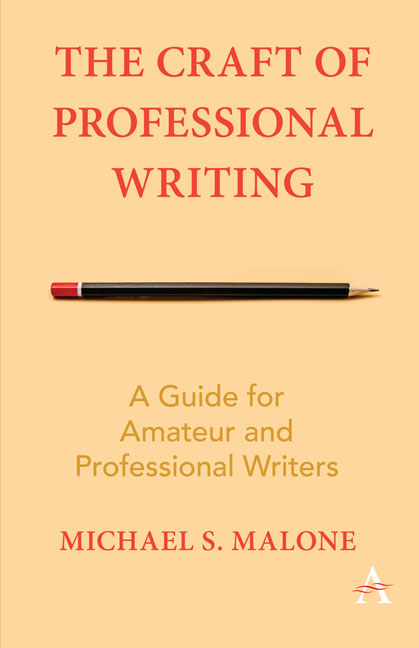20 - Rejection
from Part Four - The Work of Professional Writing
Summary
Every human being knows the definition of rejection in his or her life. “Rejection” in the context of professional writing is the experience of having a proposal or a completed piece of writing turned down by a targeted publication or other media venue.
Like other forms of rejection, literary rejection can be a deeply painful experience, particularly when you take that rejection as a judgment on your writing skills or, worse, your value as a human being. The key is to put that rejection in proper perspective and develop strategies for turning it into acceptance. In this chapter we'll look at those strategies in detail.
(For simplicity, we use “publication” to represent all media.)
Basic rules
We start with some simple (but not necessarily easy) rules for responding to a rejection letter or e- mail from a publication.
Learn to deal with rejection. It's part of being a writer, as much as it is of acting, dancing and other arts. Want to know real rejection? Have a career as an actor: endless casting calls and tryouts, almost always ending in rejection, sometimes on the most personal terms. Compared to that, having your writing rejected is easy. Just tell yourself up- front that rejection goes with being a writer— even famous writers sometimes fail to sell a piece— and that you need to incorporate that experience into your working life.
Get over it. Having an article or story or book rejected is usually not an evaluation of you as a person, or even of your talent, but simply a bad fit between what you wrote and what the publication needs. Given that, why take it personally? Instead, find the publication or publisher where it is a good fit.
Get back to work. Get angry. Get over it. And get on to the next project or pitch. Don't dwell on rejection— it'll break your spirit and make you hesitate to pitch the next time. Great writing is built on confidence.
- Type
- Chapter
- Information
- The Craft of Professional WritingA Guide for Amateur and Professional Writers, pp. 293 - 296Publisher: Anthem PressPrint publication year: 2018



